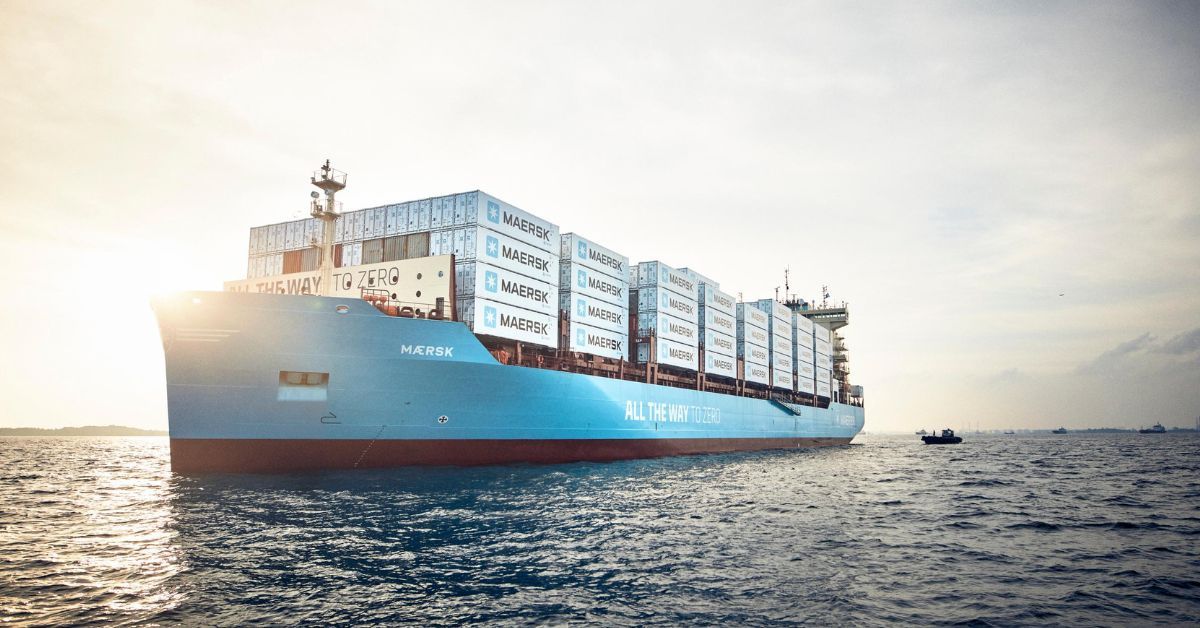The move comes as the industry remains divided on the safety of vessels and the best actions, but most of the largest container carriers are continuing to divert while other segments of the industry remain more divided.
“Following the December 30 incident involving our vessel, Maersk Hangzhou, we have decided to pause all transits through the Red Sea / Gulf of Aden until further notice,” the company wrote in a customer advisory issued today, January 2, after reporting it had paused transits immediately after the incident. “We remain committed to minimizing the impact on our customers’ supply chains and will continue to keep you updated on the situation.”
Maersk previously had shown a vote of confidence for the international coalition effort in late December reporting that it was resuming some transits. The most recent voyage updates, Reuters calculated, showed more than 30 Maersk vessels scheduled for the Red Sea transit while 17 had been diverted.
The company’s website shows the impact to 15 different routes reaching not only its service to the Mediterranean and Northern Europe but ships that were planned to go through the Suez Canal on their routes to North America. Some ports such as those in Saudi Arabia as well as Jordan remain largely stranded although some ad hoc voyages are being operated as round trips through the Suez Canal.
Hapag-Lloyd also reports that it continues to “monitor the situation closely day-by-day,” after having formed a crisis committee in response to the security challenges. Like other major carriers, they began diverting ships in December and based on its assessment has decided today to continue to reroute ships at least through January 9.
Its online live ticker on the Red Sea situation also shows a broad impact on its fleet as well as its partners in The Alliance. In addition, Hapag shows that some vessels were turned around with one sent back to Tangiers to await orders. Some vessels that appear to have previously been rerouted to the Suez Canal away from the Panama Canal due to the reduced transits and wait times in Panama, are now showing as “switch back to Panama Canal.”
AIS signals show that CMA CGM is however continuing its previous announcement that it would be sending some vessels through the Suez Canal. Today, January 2, at least three of the company’s ships appear in the region with at least one having cleared the Red Sea. Neither the UK Maritime Trade Organizations nor US Centcom has reported any incidents today.
The Suez Canal has not provided any updates on daily transits after its mid-December statement that it was monitoring the situation. Tankers and bulkers however appear to be making the transit although some majors such as BP and Equinor said last month that they would be diverting vessels. The diversions are reported to be having an impact both on available space for shippers with container costs on spot markets rising to their highest levels for the year in recent weeks. In addition to adding two weeks to many trips to make the trip around Africa, concerns have been raised about having sufficient fuel supplies for vessels to bunker mostly likely in South Africa. Reuters calculated that the diversions would add $1 million in additional fuel costs for each voyage.







